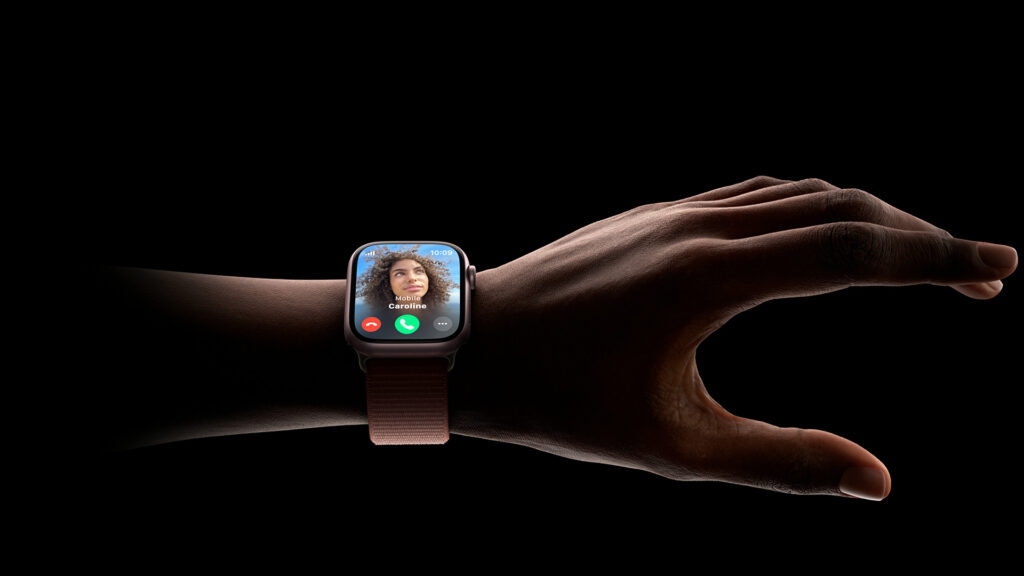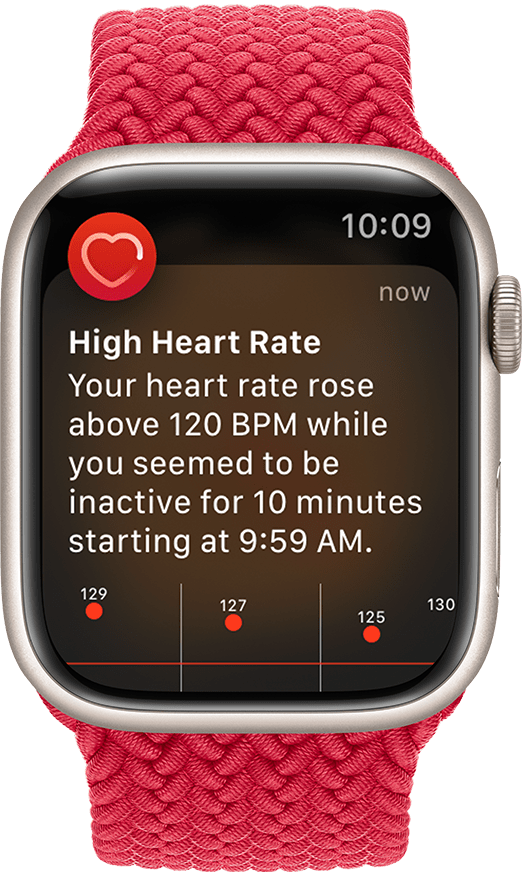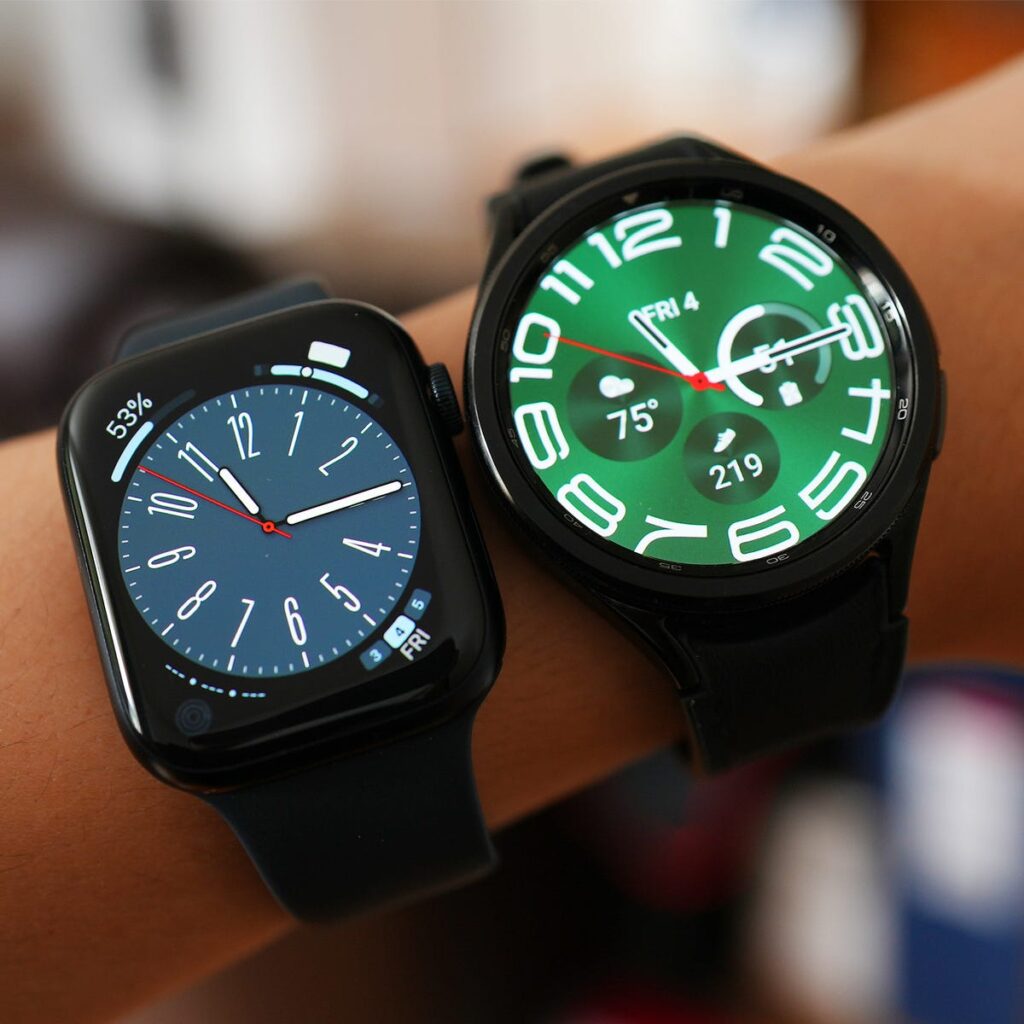How to Use Instagram: Mastering the Basics
To use Instagram, open the app and click the plus icon to share a post, Story, Reel, or Live. Add filters, text, stickers, and caption as desired for your content. Instagram is a popular photo and video sharing app where users engage with posts from friends and followers while also sharing their content. With strategic content planning, engaging Reels, boosting posts, and tracking insights, users can effectively maximize their Instagram presence. It’s essential to adhere to community guidelines by sharing only appropriate and original content while fostering genuine interactions within the platform. Whether using Instagram for personal use or business promotion, these practices can help users make the most of their Instagram experience and reach a broader audience efficiently. Understanding Instagram Instagram is a powerful platform for sharing photos and videos with a wide audience. To use Instagram effectively, open the app and select the type of post you want to share, such as a regular post, Story, Reel, or Live. You can customize your posts with filters, text, and interactive stickers to engage your followers. Additionally, staying organized with a content calendar and utilizing timesaving tools can help you make the most of your Instagram presence. Instagram is a photo and video sharing app on iPhone and Android. Users can upload content, engage with followers, and explore posts. Key features include posts, Stories, Reels, and Live videos. Effective use involves a content calendar, Reels entertainment, and post insights. Adherence to community guidelines ensures appropriate and respectful content sharing. Getting Started On Instagram To use Instagram effectively, start by opening the app and tapping the plus icon to post, share a Story, Reel, or go Live. Enhance your content with filters, text, and stickers before adding a caption. Stay engaged with your audience and track post performance with Insights. To use Instagram effectively, open the app and click the plus icon. Select post, Story, Reel, or Live. Apply filters or text. Add a caption. Utilize timesaving tools, a content calendar, and Insights. Follow community guidelines, respecting others. Share only own photos or videos. Foster genuine interactions and comply with the law. Reach more people through boosted posts. Stay organized and entertain with Reels. Using Instagram Effectively When using Instagram, it is important to share content regularly to keep your audience engaged. Utilize the various post options such as regular posts, Stories, Reels, and Live videos. Add filters, text, or stickers to enhance your posts. Don’t forget to write captions that resonate with your audience to increase engagement. In addition, take advantage of Insights to track the success of your posts and understand your audience better. Following the platform’s community guidelines is crucial to maintain a positive and respectful presence. By staying organized with a content calendar and utilizing tools like Reels, boosting posts, and tracking Insights, you can effectively use Instagram to grow your presence and engage with your audience. Basic Rules Of Instagram How to Use Instagram Share only photos and videos that you’ve taken or have the right to share. Post photos and videos that are appropriate for a diverse audience. Foster meaningful and genuine interactions. Follow the law. Respect other members of the Instagram community. Use timesaving tools and helpful tips to make the most of each Reel and photo you post. Stay organized with a content calendar. Entertain your audience using Reels. Reach more people when you boost a post. Track post success with Insights. Mastering Instagram Features How to use Instagram for beginners? Open your Instagram app and click the plus icon at the center. Choose the kind of post you want to share — post, Story, Reel, or Live. Apply any filters to your post or add any text or interactive stickers on your Stories if you wish. Write a caption for your post. What is the main purpose of Instagram? Instagram is a free photo and video sharing app available on iPhone and Android. People can upload photos or videos to our service and share them with their followers or with a select group of friends. They can also view, comment and like posts shared by their friends on Instagram. How do you use Instagram effectively? Use timesaving tools and helpful tips to make the most of each Reel and photo you post. Stay organised with a content calendar. Entertain your audience using Reels. Reach more people when you boost a post. Track post success with Insights. What are the basic rules of Instagram? Share only photos and videos that you’ve taken or have the right to share. Post photos and videos that are appropriate for a diverse audience. Foster meaningful and genuine interactions. Follow the law. Respect other members of the Instagram community. Frequently Asked Questions For How To Use Instagram How To Use Instagram For Beginners? To use Instagram for beginners, open the app, click the plus icon, choose post type, apply filters, add text or stickers, caption, and share your content. What Is The Main Purpose Of Instagram? The main purpose of Instagram is to share photos and videos with followers and friends. It’s a free app for iPhone and Android. Users can view, like, and comment on posts shared by others. How Do You Use Instagram Effectively? To use Instagram effectively, open the app and click the plus icon at the center. Choose the type of post you want to share – post, story, reel, or live. Apply filters or add text/stickers if desired. Write a caption for your post and use timesaving tools like a content calendar. Entertain your audience with reels, boost posts to reach more people, and track post success with insights. Follow Instagram’s community guidelines to foster meaningful interactions and respect others. What Are The Basic Rules Of Instagram? The basic rules of Instagram are as follows: 1. Share only photos and videos that you’ve taken or have the right to share. 2. Post content that is appropriate for a diverse audience. 3. Foster meaningful and genuine interactions. 4. Follow the law. 5. Respect







